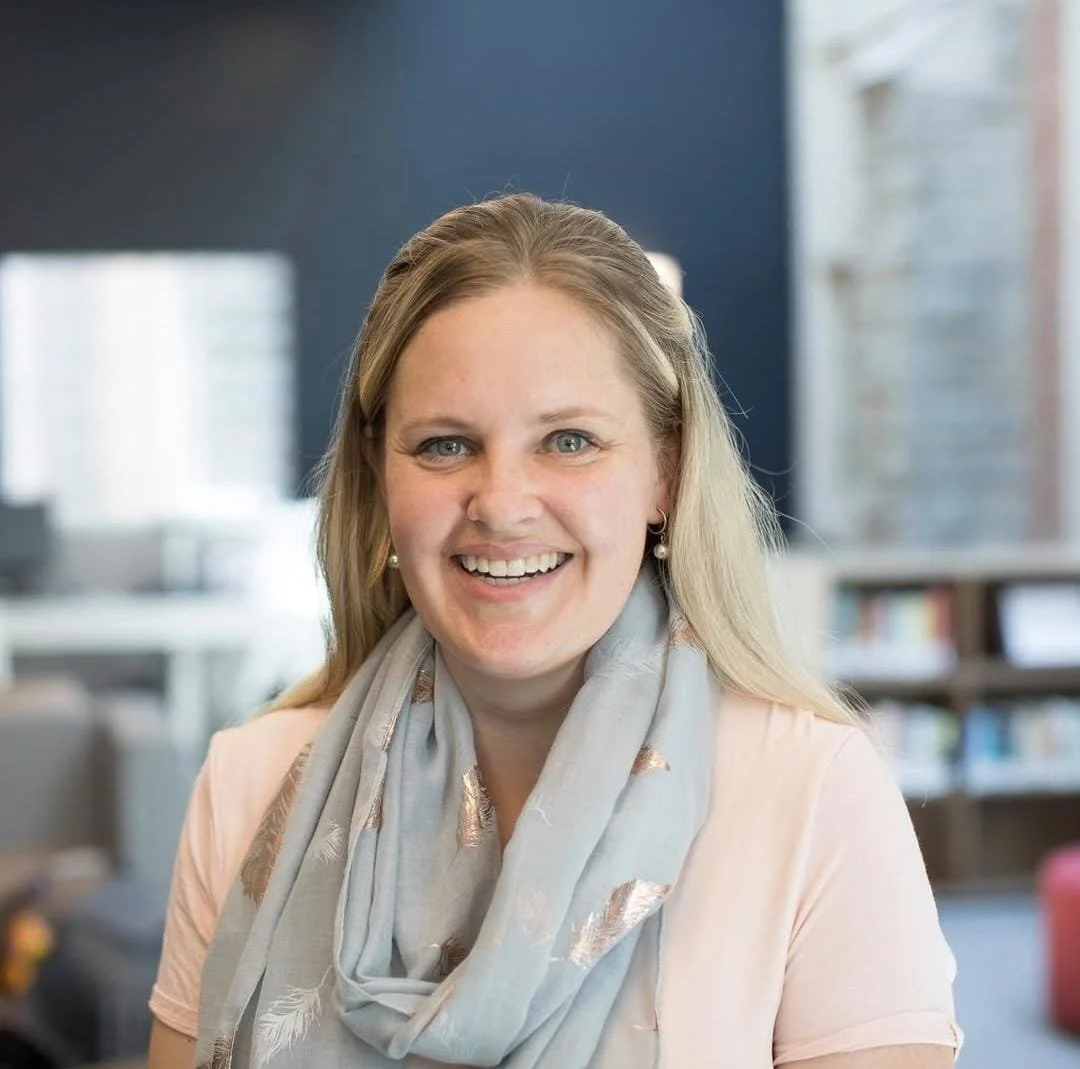POL3395: Learning through Experience.
Since 2017, POL3395: Rwanda’s Recovery: Experiential Learning in Peacebuilding and Reconciliation has given Huron University students the opportunity to study post-genocide recovery through immersive, on-the-ground learning in Rwanda. Led since its inception by Dr. Lindsay Scorgie, the course reflects Huron’s commitment to experiential education that goes beyond the classroom.
Each year, the course evolves as students engage directly with the people and institutions shaping Rwanda’s ongoing journey of reconciliation and peacebuilding. Over the period of eight to ten days, the group is primarily based in Kigali, Rwanda’s capital, and visits major sites that provide essential historical grounding and emotional context.
What sets this course apart is its deeply immersive approach and its flexible, evolving structure. Students meet genocide survivors, community leaders, non-governmental organizations, and government representatives, all working in different ways to promote healing, justice, and coexistence. A particularly powerful element is visiting peace villages—communities where survivors and former perpetrators live side by side, forging new paths of forgiveness.
While Dr. Scorgie has consistently led the course, other faculty members join to offer additional mentorship and perspectives. In May 2025, for example, fourteen students participated under Dr. Scorgie’s leadership with additional mentoring support from Dr. Daisy Raphael. As Dr. Scorgie notes: “It’s hard to understand these things by just being in the classroom. It’s so helpful to talk to the people who are actively working on and have lived the issues that we are studying.”
More than a trip, this course is an invitation to witness, reflect, and learn through human connection. Students return not only with a deeper understanding of Rwanda’s past and present, but also with broader insight into the global relevance of reconciliation, transitional justice, and the long road toward peace.
-
Nyamirambo Women’s Centre
Kigali Genocide Memorial
Canadian High Commission
Community of Potters of Rwanda (COPORWA)
Great Lakes Initiative for Human Rights and Development (GLIHD)
Murambi Genocide Memorial
NGO Peace Education, Rukara Reconciliation Village
Women’s Opportunity Centre (WOC)
Akagera National Park
Shooting Touch
SURF
World Health Organization
Joy Center Vocational Training School
Never Again Rwanda
Center for Conflict Management at University of Rwanda
Meet the Professors!
-
Political Science professor, Huron University
Dr. Scorgie's academic journey has taken her from the University of Toronto to the London School of Economics and Cambridge University—but it wasn’t always about politics for her. She started out in student journalism before realizing her passion for understanding conflicts and their aftermath.
She believes small class sizes and a focus on the liberal arts make Huron the perfect place for students to thrive. Dr. Scorgie is proud to work at an institution that values student engagement and the development of the whole person. In 2017, she pioneered POL3395: Rwanda’s Recovery: Experiential Learning in Peacebuilding and Reconciliation, a course that gives students the chance to study Rwanda’s post-genocide recovery firsthand and think deeply about questions of justice, memory, and rebuilding.
Her advice to students is to get involved, adding: “The more you engage with your campus community, the more rewarding your university experience will be.” She encourages students to stay curious, keep up with news from reliable sources, and explore the world through academics and real-world events. Dr. Scorgie found her passion for teaching at Huron and has been consistently impressed by how eager and enthusiastic Huron students are for new opportunities!
-
Assistant Professor of Political Science, Huron University
Dr. Raphael supported the experiential learning course in Rwanda as a faculty member in 2025, and hopes to provide assistance with the course for years to come. Her teaching and research in the field of Canadian politics is related to nationalism, colonialism, and reconciliation. She joined the experiential learning course to learn more about transitional justice, reconciliation, and peacebuilding.
In Canada, the movement for reconciliation has been driven by survivors of the colonialresidential school system. The Truth and Reconciliation Commission (TRC) in Canada determined that residential schools were a form of cultural genocide. While the two contexts are very different, there are some similarities that can provide insight for scholars and students interested in genocide and reconciliation. In Canada, as in Rwanda, reconciliation is enacted in different ways by individuals, communities, and governments, taking the form of local, grassroots projects and top-down policies led by the state. In both contexts, there are scholarly debates about the meaning of the term 'reconciliation', who should lead reconciliation, how reconciliation relates to national identity, and the processes through reconciliation should be enacted.
Dr. Raphael’s current research explores the politics of Canada Day, focusing on how the annual commemoration of Confederation is changing following the Truth and Reconciliation Commission. She has published her work on reconciliation and national identity in the Canadian Journal of Political Science and the International Journal of Canadian Studies.
Dr. Raphael completed her PhD in Political Science at the University of Alberta. However, it was as an undergraduate student at the University of Lethbridge where she first learned about European colonialism in Rwanda, the genocide, and the international community's failure to act. For Dr. Raphael, visiting Rwanda for the first time in 2025 and learning from survivors was a great privilege.


